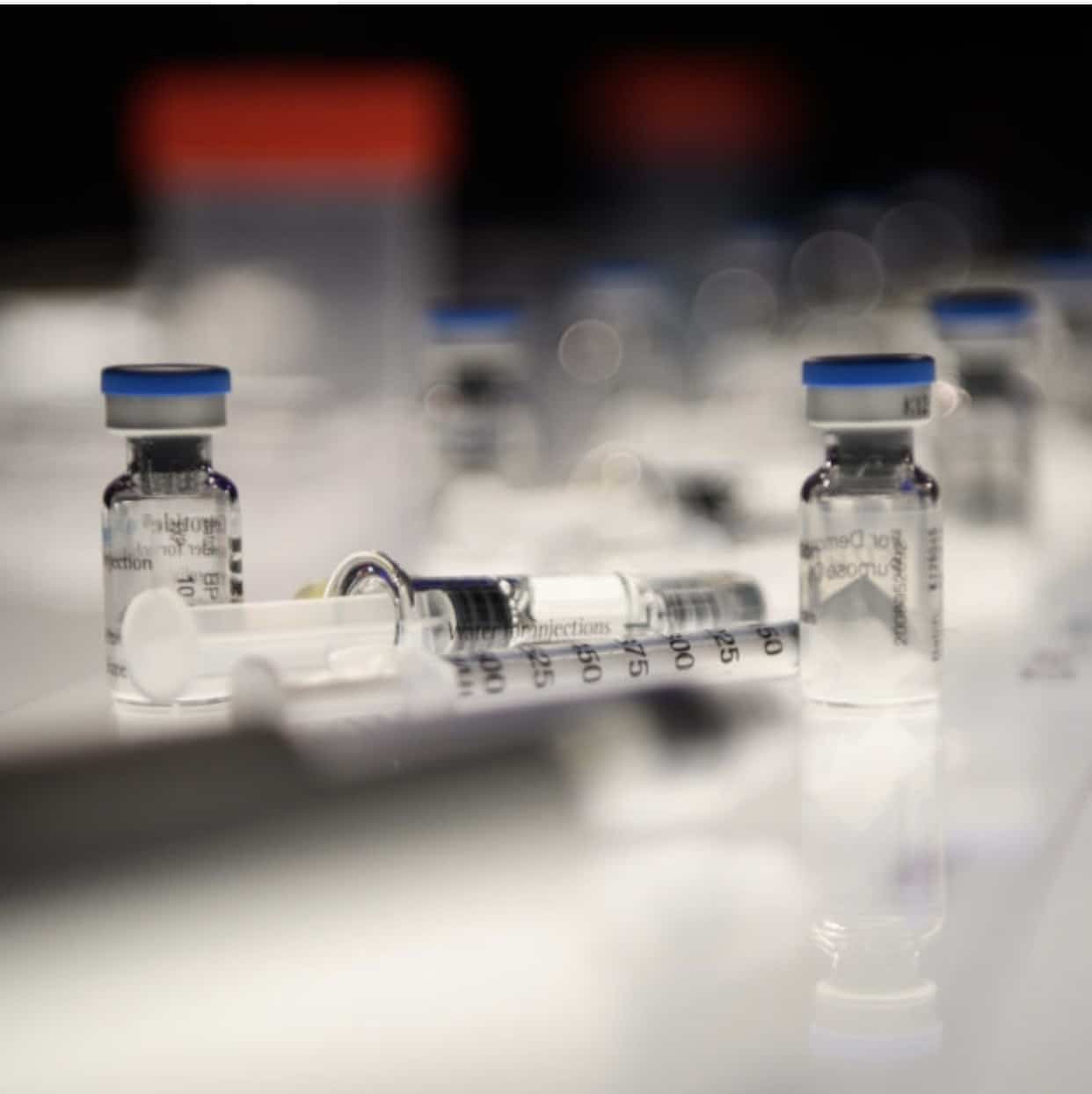"Preserving Fertility: The Benefits and Considerations of Egg Freezing"
As women age, their fertility declines, making it harder to conceive a baby. However, recent advances in reproductive technology have made it possible to preserve fertility through egg freezing. Egg freezing, also known as oocyte cryopreservation, involves harvesting a woman’s eggs and freezing them for future use. In this article, we will explore its benefits and considerations.
Benefits of Egg Freezing
One of the primary benefits is the ability to preserve fertility for women who are not ready to conceive yet, such as those focused on their careers or educational pursuits. It can also be a beneficial option for women undergoing medical treatments that could affect their fertility, such as chemotherapy or radiation therapy.
Egg freezing is not a guarantee of pregnancy success. However, frozen eggs can offer women greater control over their reproductive health, allowing them to extend their fertility window, maintain flexibility in their family planning, and increase chances of conception at a later stage in life.
Another advantage is that it can offer a better chance of achieving a healthy pregnancy with modern treatments for infertility. Advanced reproductive technologies such as in-vitro fertilization (IVF) have resulted in improved methods for achieving pregnancy using frozen eggs.
Considerations
The process can be costly, and it’s important to research and familiarize yourself with associated costs and payment options. It’s also crucial to note that the age at which you freeze your eggs. It plays a significant role in the success rate of future pregnancies.
Additionally, egg freezing can involve hormonal treatments. It could interfere with work schedules and daily routines, with possible side-effects such as mood swings, hot flashes, and bloating. Women considering egg freezing should also understand the potential risks and complications associated with the procedure.
Conclusion
Egg freezing offers women the opportunity to extend their fertility window and preserve their reproductive health. By understanding the benefits and considerations and working with healthcare providers, women can make informed decisions and maximize the likelihood of a successful pregnancy at a later stage in life.










